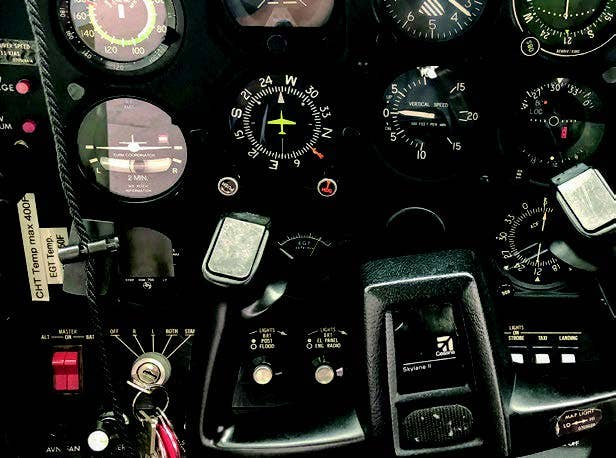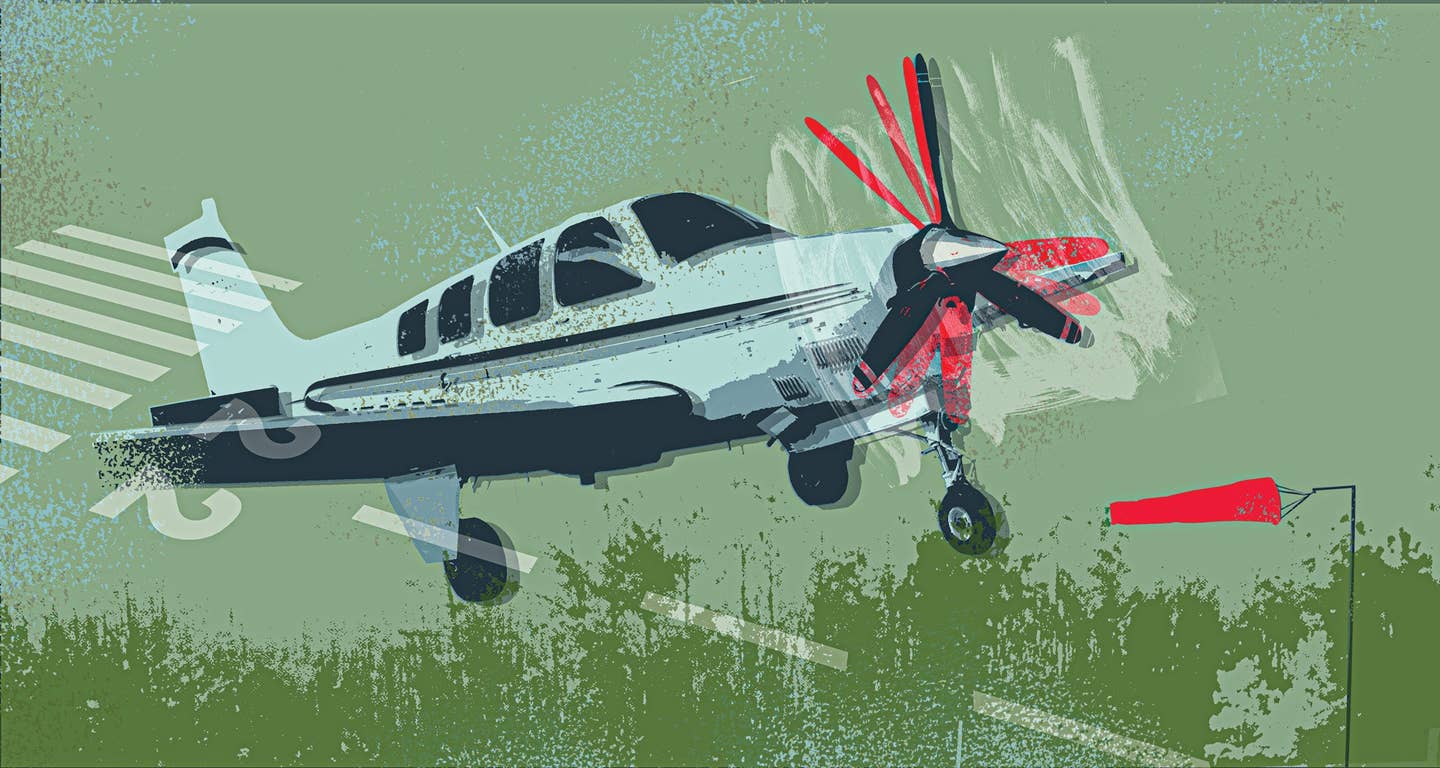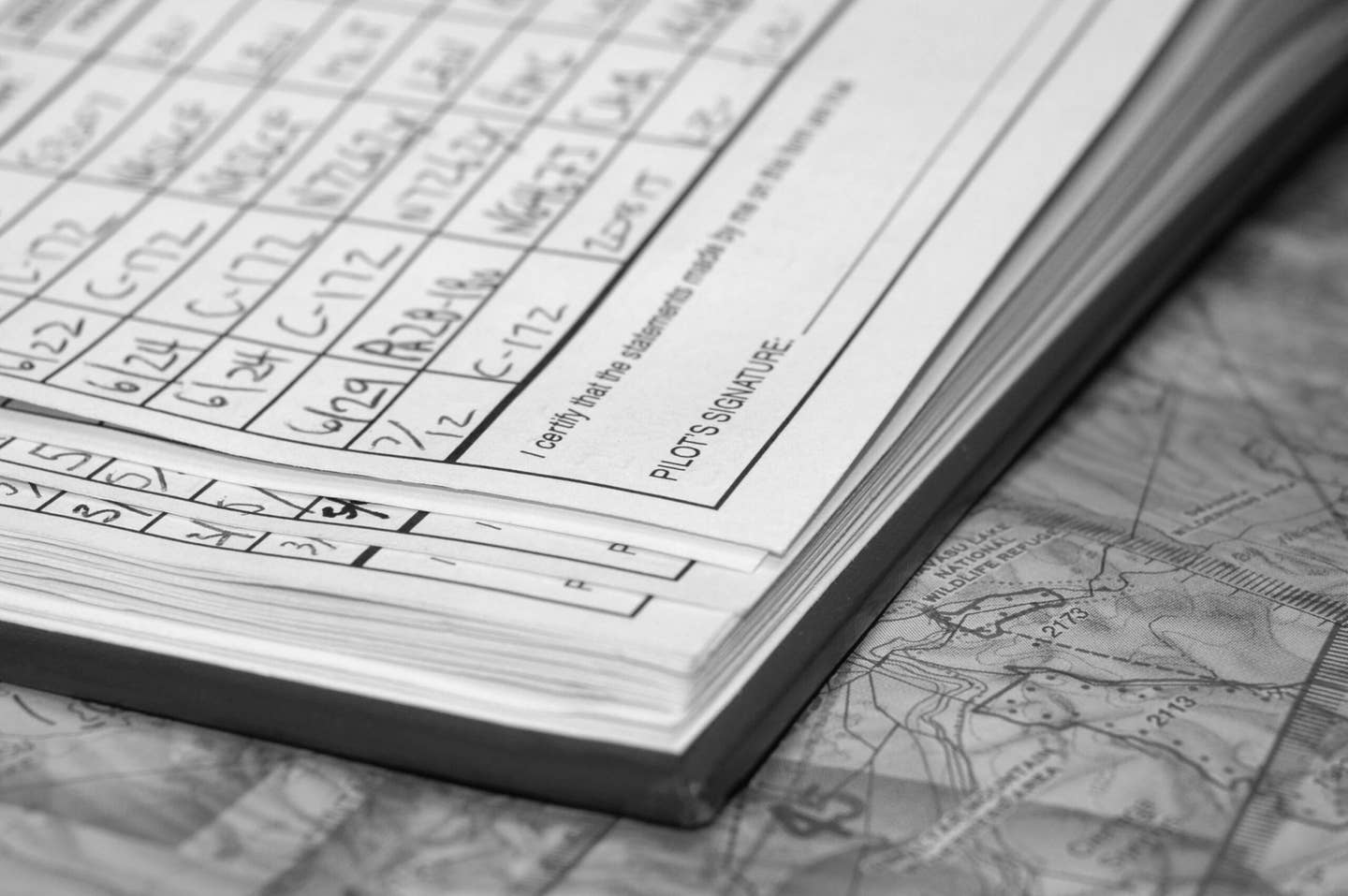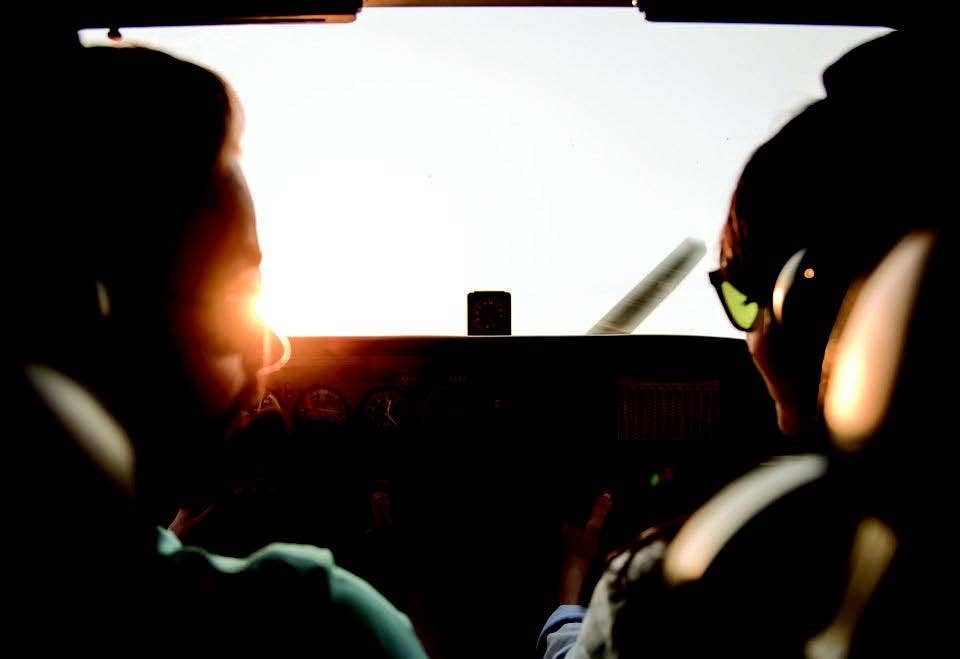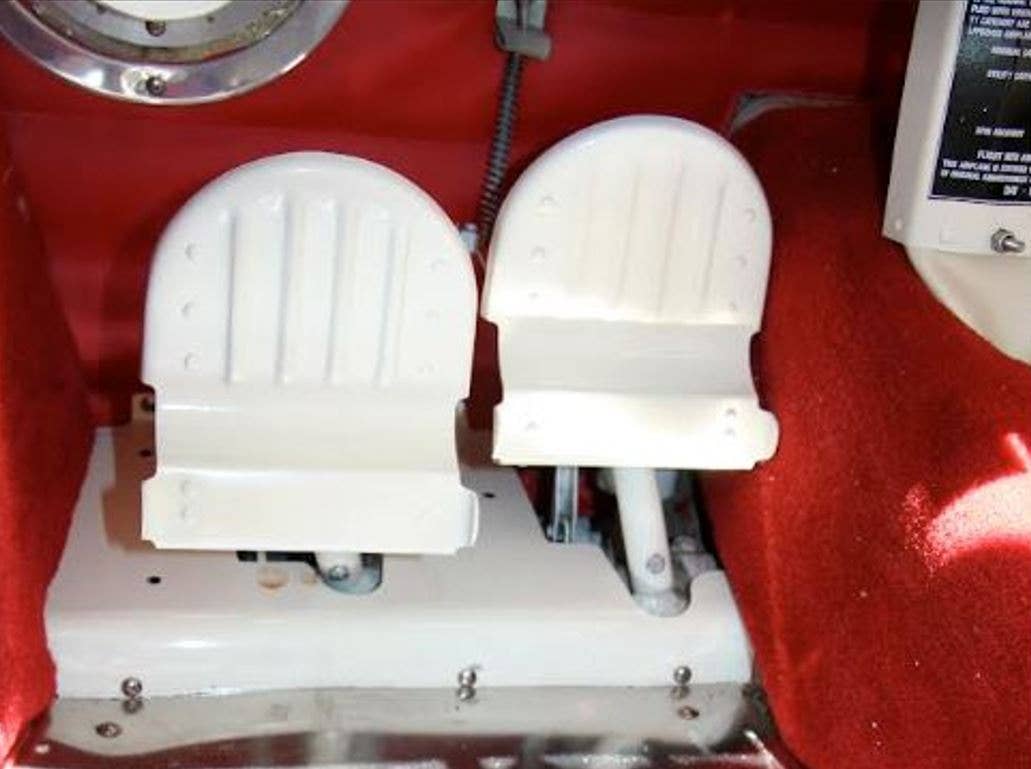
Once again the White House's annual budget proposal calls for a $100 per-flight user fee on certain general aviation aircraft. While talk of user fees used to send chills through the industry, this time around the reaction has been one of confident resolve rather than fear. Here's what's changed.
In the last few years the aviation alphabet groups have done an incredible job marshaling support for general aviation on Capitol Hill through the creation of bipartisan aviation caucuses. As a result of their efforts, 223 members of the House of Representatives – a majority of Congress – sent a resounding message to President Obama last week opposing user fees, urging him in a letter to “abandon this idea once and for all.” The White House's push for aviation user fees continues, but the plan appears to have little chance of passing.
That’s great news. If you’re looking for the folks to thank for protecting aviation’s interests in such an effective way, start with the people who worked behind the scenes to create the Congressional aviation caucuses. The credit goes to NBAA President Ed Bolen, GAMA President Pete Bunce and AOPA President Craig Fuller. Now, instead of being fearful any time aviation comes under attack, the industry can negotiate from a position of strength knowing that hundreds of members of Congress have our backs. That's huge.
The big unanswered question is why the Obama Administration continues to push for aviation user fees when they have little chance of being adopted. The official White House argument is that private fliers need to pay their fair share, and the most equitable way for them to do so is through a fee on IFR flights by turbine GA aircraft.
The Office of Management and Budget says the $100 fee would generate $11 billion in revenue over the next decade. But the irony of the White House’s insistence of user fees rather than an increase in the aviation fuel tax (which NBAA, AOPA and GAMA support) is that the user fee language will likely be removed from any final budget and fuel taxes will remain at their current level. In the end the net revenue increase for the government will be zero.
The White House has yet to provide any real argument for why an unpopular user fee scheme makes more sense than raising taxes on jet fuel. A user fee would be onerous for aircraft operators to pay and the government to collect. An increase in the aviation fuel tax, on the other hand, would be beyond simple to implement.
Another irony, of course, is that with the FAA proposing to close 149 control towers at airports used primarily by general aviation, the aircraft operators who would be asked to pay the $100 fee for ATC services in many cases won't be receiving the same level of service as before. Thankfully, that problematic issue too might disappear after the introduction this week of bills in the House and Senate aimed at blocking the closures.
What's heartening is that congressional policymakers have rejected similar user fee proposals in the past. Thanks to the industry’s successful coalition-building efforts on Capitol Hill, this latest fee proposal looks to be dead on arrival as well.
Just as it should be.

Subscribe to Our Newsletter
Get the latest FLYING stories delivered directly to your inbox


